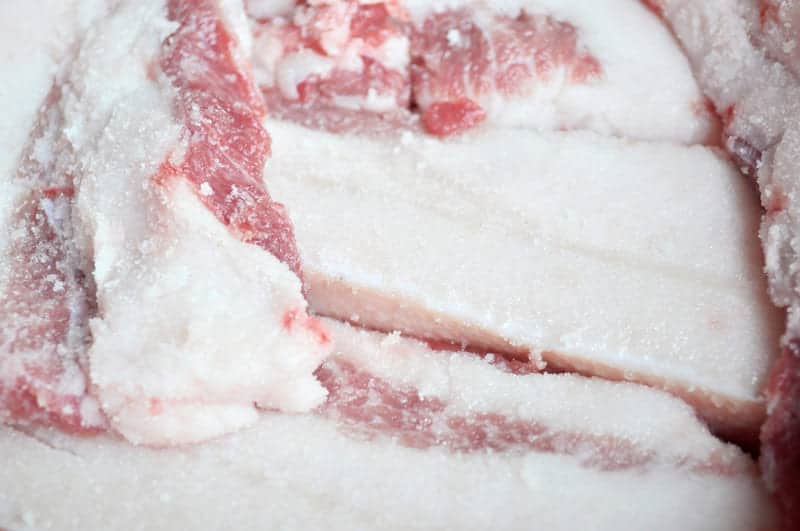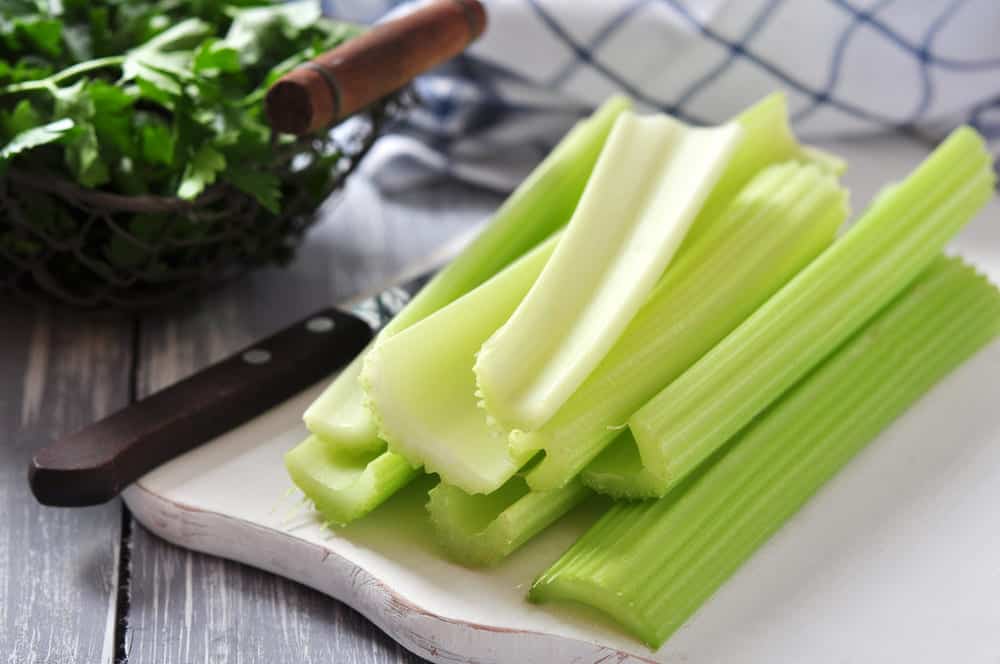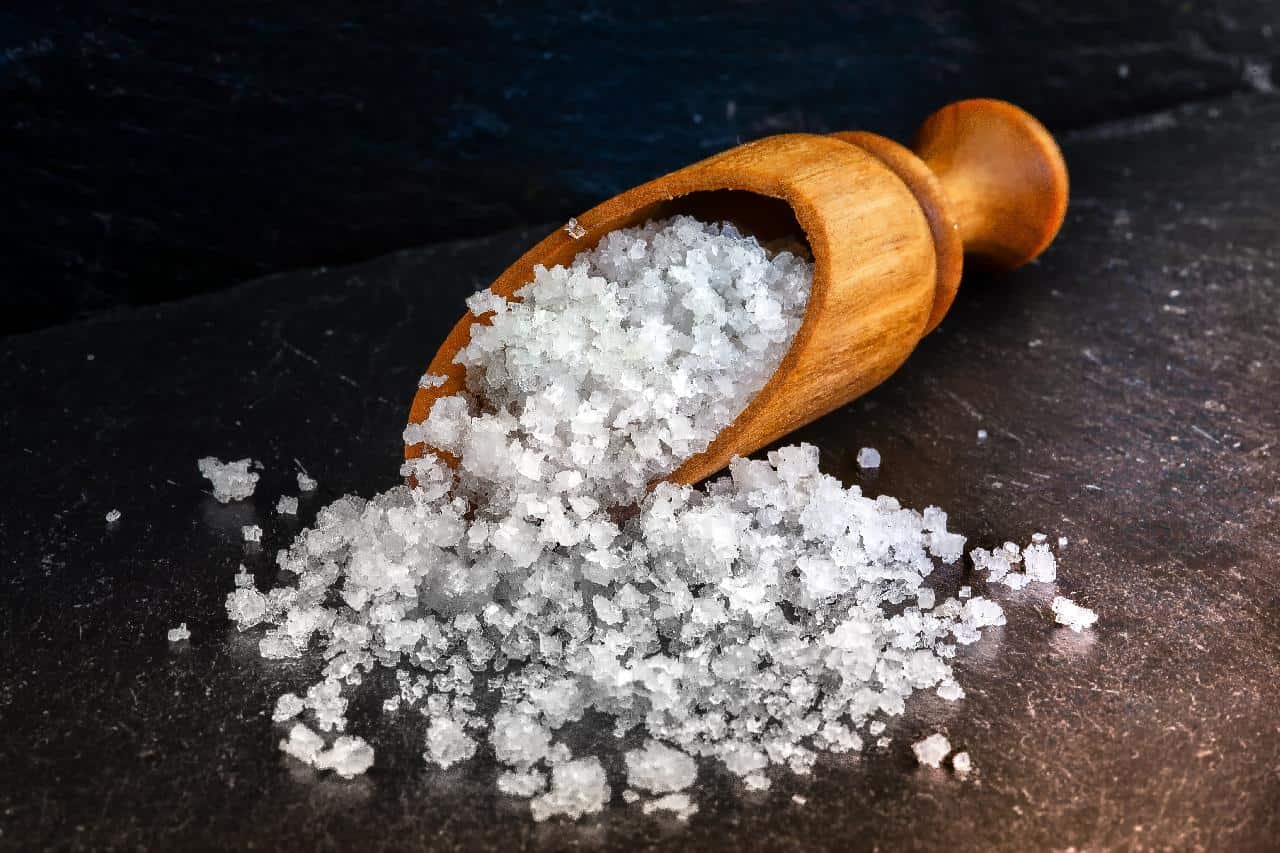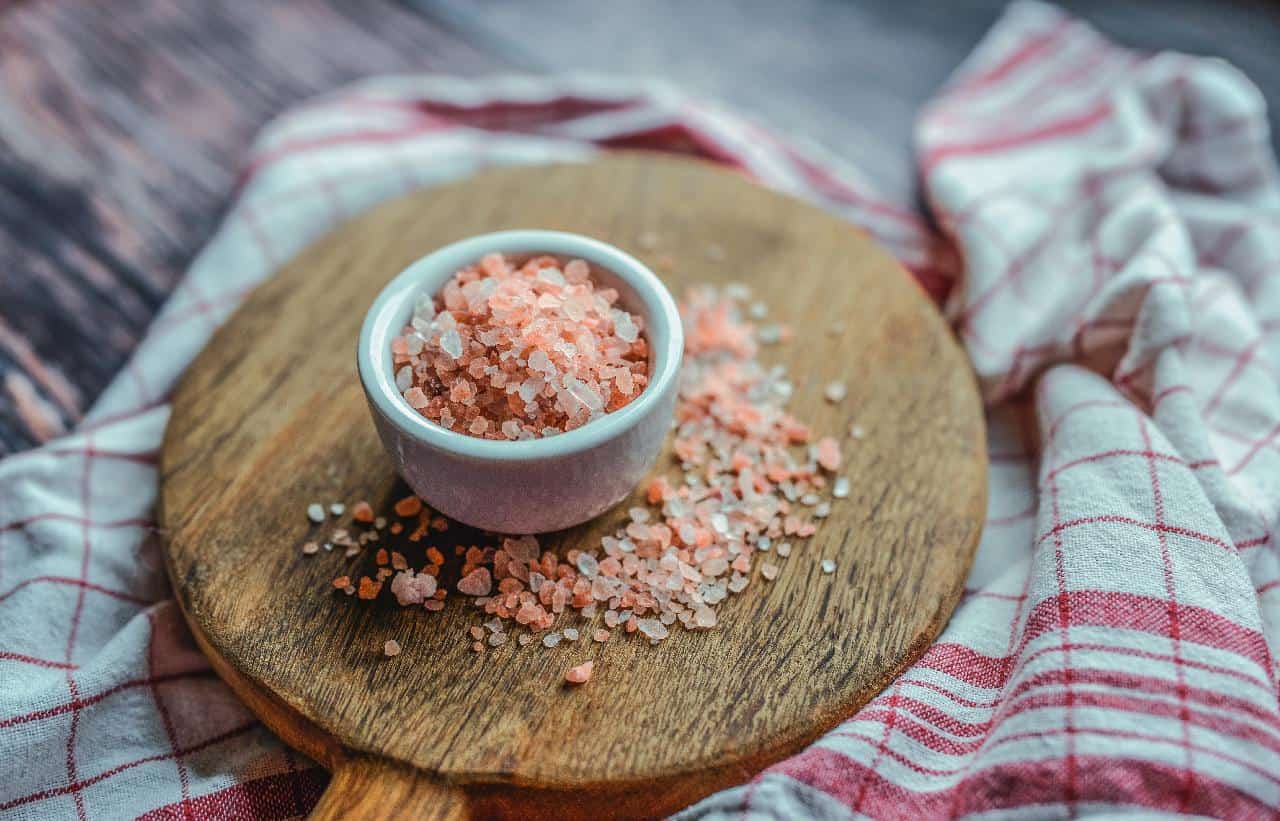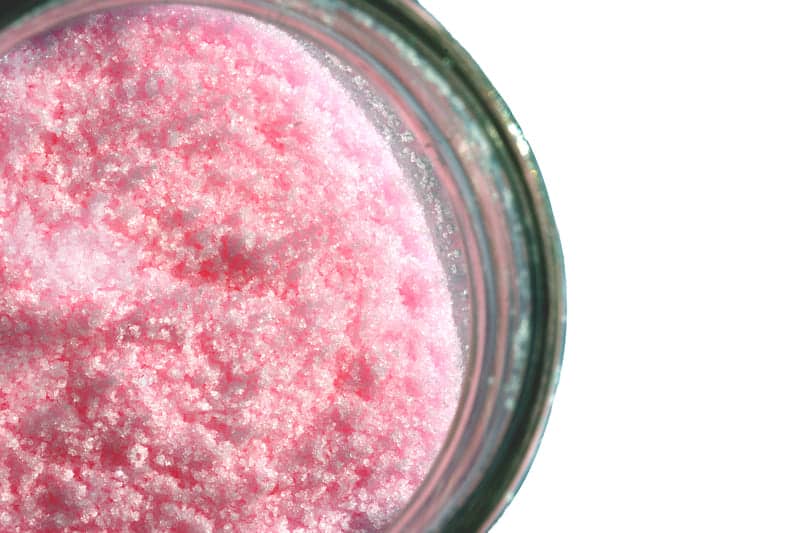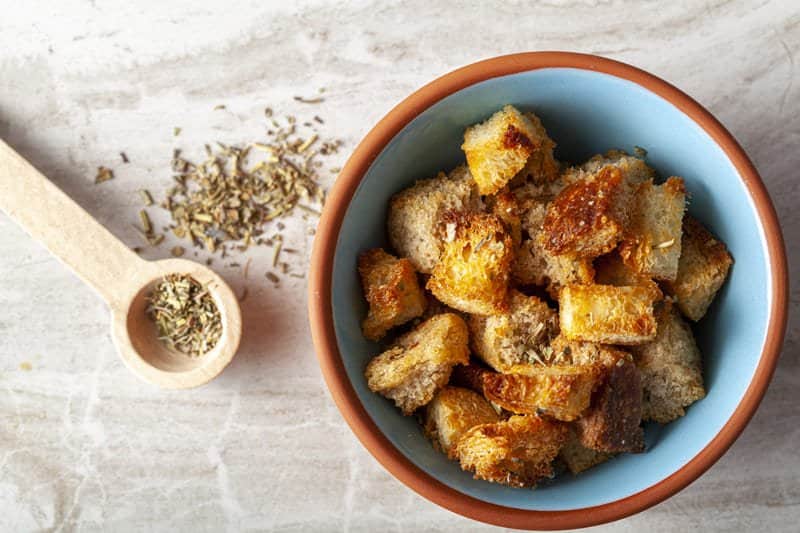Saltpeter can be an essential ingredient in many dishes. However, that doesn’t mean it is irreplaceable. Saltpeter is also known as potassium or sodium nitrate and it is used in preparing different meats. It is one of the most common ingredients in food processing all over the world.
However, even if you can find different items in local stores that have saltpeter, chances are that you will find it hard to purchase saltpeter alone. This is why learning about saltpeter substitutes you probably have around your home can be helpful.
One of the best saltpeter substitutes is celery powder or various types of salt like sea salt. Keep reading to find even other substitutes that could help you in your kitchen.
Saltpeter Substitutes
You can use the following saltpeter substitutes to conserve different types of meat as well as sauces.
1. Celery powder
Celery powder is fairly easy to find in stores and if you don’t find it, you can even make it at home. It is not only efficient in terms of curing meat but also much healthier than saltpeter.
Even if celery powder is not pink, it will alter the color of your food as it is more of green color, the curing efficiency of it remains. You can use celery powder in the same ratio as you would use saltpeter for curing meats and pickles.
2. Celery juice
Celery juice is also a good alternative to saltpeter but it comes in a liquid form which is quite an important difference. It can be used in curing pickles and different meats but it will also add a more earthly flavor to your food that saltpeter wouldn’t.
If you like celery juice by itself, chances are that you will not be bothered by its flavor at all. But if you don’t like it, you will find celery powder or other alternatives better.
Use a cup of celery juice for one tablespoon of saltpeter to obtain the same curing results for your food. You can use this as part of the liquid you add to your pickles or in marinates for different meats.
3. Sea salt
Sea salt can also be a great substitute for saltpeter as long as you don’t use a lot of it. Sea salt tends to be saltier than saltpeter. Thus, you will have to use less of it if you don’t want to end up with a dish that is too salty.
Sea salt is perfect for curing meats such as beef, chicken, or pork. It can be a great curing ingredient for fish as well. Sea salt can be white or have a pinkish tint to it so the color of your cured food will be similar to the color you obtain by using saltpeter.
4. Non-iodized salt
Non-iodized salt or table salt works the same as sea salt to cure pickles or different other foods. The level of salty taste table salt will have depends on the kind you use but in general, you can replace saltpeter with any non-iodized salt with no concerns.
It is wise to taste the non-iodized salt you want to use so you know how strong it is before you decide how much you can add to your food. You can use non-iodized salt to cure beef, chicken, fish as well as in all types of dishes in order to add the flavor you want to your recipe.
5. Pink salt
Pink salt, not Himalaya salt, is a type of curing salt that can replace saltpeter in all types of dishes. It is colored in pink exactly to be easier to identify as a curing salt and not confused with regular table salt.
If you can find pink salt you can use the same quantity as you would use saltpeter. This salt is not too strong in terms of saltiness and it has perfect curing properties that will work great for your meat dishes. You can use pink salt in cooking, so it can become a staple in your kitchen.
6. Beet juice
Beet juice is a less common substitute for saltpeter but it is equally efficient. It has a more defined reddish color that will significantly alter the way your food looks.
On top of its curing properties, beet juice is also very healthy which adds to the benefit of your dish. But it will not add the salty taste that saltpeter adds to your dishes. It will also not give your food such a long shelf life. But it is efficient if you want to cure dishes at home.
You can use a cup of beet juice for every tablespoon of saltpeter as you are curing pickles or different types of meat. Thanks to its reddish color, beet juice goes great with curing beef.
7. Prague salt
Prague salt or powder is a type of pink salt that will help you cure your meat without altering its flavor significantly. Prague powder is one of the most commonly used curing salts all over the world thanks to its efficiency and similar color to saltpeter.
You can use it in the same ratio as you would use saltpeter and you will get longer-lasting foods made right in the comfort of your home. Use this type of salt for meats that you want to consume within the next week. Prague powder will offer your meat a longer life but it will not give it the shelf life saltpeter would.
8. Curing salt
Instead of saltpeter, you can use salt labeled as curing salt. It is available in different types according to the level of saltiness they contain. You will find salt with different concentrations of table salt and sodium nitrate. Some curing salts also contain sodium nitrite so read the tags in order to know what you are using.
Curing salts that have both sodium nitrite and sodium nitrate are used for foods that should last a long time as they are stronger when it comes to curing properties. Regardless of the salt, keep the same ratio and expect similar results.
9. Seasonings containing saltpeter
If you can’t find any of the substitutes above, you might be able to find seasonings that contain saltpeter among other ingredients. These curing seasonings are made not just to cure meats but also to flavor them.
You can find them in the store. They are labeled as fish seasoning or beef seasoning. Not all of them contain saltpeter but if you read the tags you will identify those that do and you can use them at home to cure your meats or veggies.
Conclusion
Saltpeter might seem difficult to replace but you can’t fail if you choose one of the substitutes in this guide. Whatever alternative you pick from the list above, you can be sure that your food will last a longer time than if you would skip using any curing ingredient.
